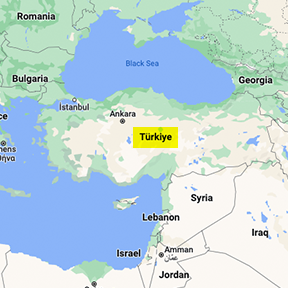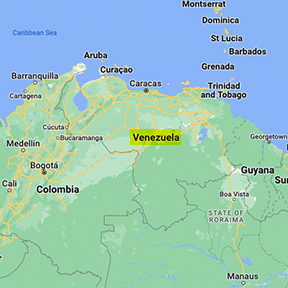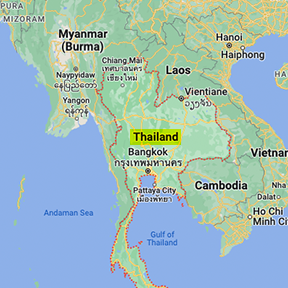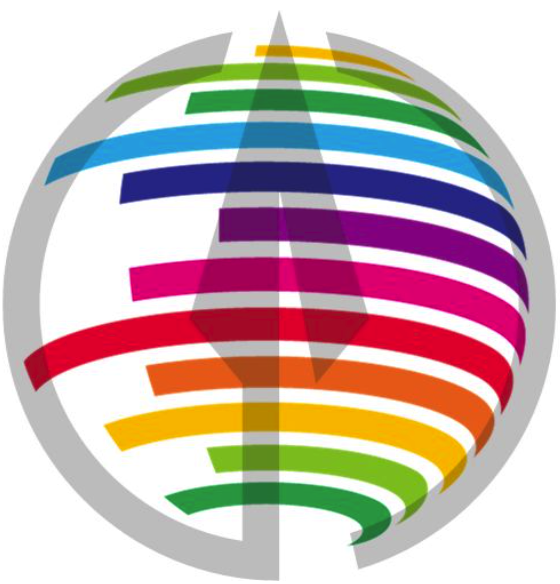Turkey
 Since Turkey’s democratic government began to decline in 2007, there have been ongoing tensions between the Justice and Development Party (AKP, known for its Islamist roots and is considered a theocratic party) and the LGBTI community. These tensions have persisted even after the 2017 referendum that changed the country’s parliamentary system into a presidential one, which resulted in the abolition of the Prime Minister’s office. As reported by The Guardian, political polarization, as seen in the Gezi Park Protests in 2013 and a failed coup attempt in 2016, further exacerbated the situation.
Since Turkey’s democratic government began to decline in 2007, there have been ongoing tensions between the Justice and Development Party (AKP, known for its Islamist roots and is considered a theocratic party) and the LGBTI community. These tensions have persisted even after the 2017 referendum that changed the country’s parliamentary system into a presidential one, which resulted in the abolition of the Prime Minister’s office. As reported by The Guardian, political polarization, as seen in the Gezi Park Protests in 2013 and a failed coup attempt in 2016, further exacerbated the situation.
One of the most aggressive incidents occurred during the 2015 Istanbul Pride, which attracted over a hundred thousand participants, making it the most prominent LGBTI rally in the Muslim world. However, Turkish authorities used force, including tear gas, rubber bullets, and water cannons, to stop the parade-goers. These actions against the LGBTI community continued through the country’s democratic collapse into an authoritarian regime. In 2020, Politico reported that President Erdoğan was considering withdrawing Turkey from the Council of Europe’s treaty to prevent violence against women, known as the Istanbul Convention.
Venezuela
 The U.S. Department of State has expressed concern over Venezuela’s descent into dictatorship, citing the illegitimate claim of presidency by Nicolás Maduro on January 10, 2019, despite global criticism of a rigged election. Maduro has been accused of manipulating the electoral process and timeline in his favor, ranging from voter intimidation and disenfranchisement to improper tabulation of the results and even bans on the participation of political parties and candidates. Once a wealthy democracy, Venezuela began suffering from a severe economic collapse in 2014.
The U.S. Department of State has expressed concern over Venezuela’s descent into dictatorship, citing the illegitimate claim of presidency by Nicolás Maduro on January 10, 2019, despite global criticism of a rigged election. Maduro has been accused of manipulating the electoral process and timeline in his favor, ranging from voter intimidation and disenfranchisement to improper tabulation of the results and even bans on the participation of political parties and candidates. Once a wealthy democracy, Venezuela began suffering from a severe economic collapse in 2014.
Anti-LGBTI activity in Venezuela has been a significant concern, with reports of violence and discrimination towards the community. The Trans Murder Monitoring (TMM) project documented over one hundred killings between 2008 and 2020, making Venezuela one of the most dangerous places for LGBTI individuals. Venezuela’s military and theocratic assemblies have hindered progress toward LGBTI equality; OUT reported that the Supreme Court, accused of being politically biased due to its appointment by Hugo Chavez, has suspended several resolutions promoting LGBTI rights, including the International Day Against Homophobia, Transphobia, and Biphobia.
Thailand
 In 2020, NPR reported that Thailand’s Prime Minister, Prayuth, took office following elections that favored military-backed parties. The same year, the constitutional court dissolved a newly formed opposition party, which was popular with young people and had finished third in the elections, in a move widely seen as politically motivated. This semi-election marked the 18th time the military staged a coup to usurp people’s power. After the semi-election of Prayuth, the country witnessed a deterioration in its democratic values, and frustrations over the monarchy’s role sparked the largest antigovernment demonstrations in a decade.
In 2020, NPR reported that Thailand’s Prime Minister, Prayuth, took office following elections that favored military-backed parties. The same year, the constitutional court dissolved a newly formed opposition party, which was popular with young people and had finished third in the elections, in a move widely seen as politically motivated. This semi-election marked the 18th time the military staged a coup to usurp people’s power. After the semi-election of Prayuth, the country witnessed a deterioration in its democratic values, and frustrations over the monarchy’s role sparked the largest antigovernment demonstrations in a decade.
Apart from the discrimination generally seen before a democracy collapse, the United Nations Office of the High Commissioner for Human Rights identified several incidents of violence against the LGBTI community, including murder, beatings, kidnappings, rape, and sexual assault, as examples of homophobic and transphobic violence. The report also noted that violence against LGBTI people in Thailand tends to be especially vicious compared to other bias-motivated crimes. TIME reported on one of the most vivid demonstrations of LGBTI hatred at a Pride Parade in the northern city of Chiang Mai, where a local political group surrounded the gathering compound and hurled insults and objects at the parade-goers.
The Path to Autocracy
The LGBTI community often experiences violence and discrimination, eventually affecting racial and ethnic minority groups. These injustices have their roots in the seeds of autocracy, like political polarization, economic inequality, coup attempts, voter disenfranchisement, and theocratic influence. When these warning signs come together, they signal the rise of authoritarianism. It is the world’s responsibility to protect the rights of the LGBTI community to prevent the collapse of democracies worldwide

